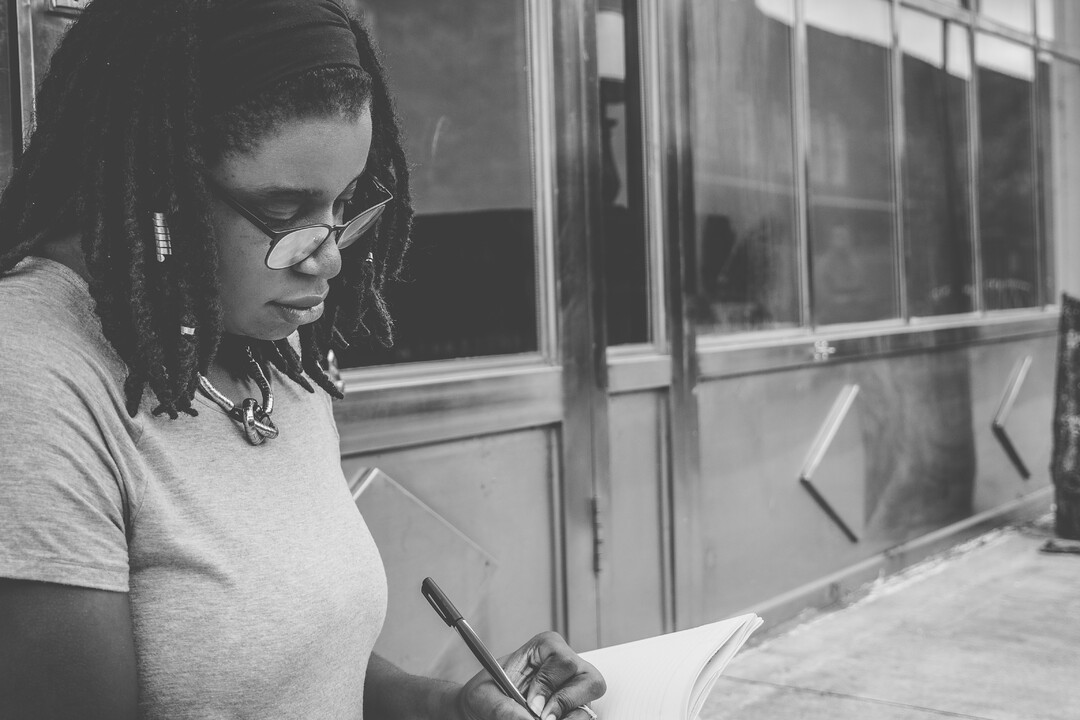
How to Be a Better Ally This Black History Month (and Moving Forward)
This Black History Month and moving forward, what can everyone do to be better allies to their Black/African American co-workers?
As the Head of Diversity, Equity, and Inclusion at Raines International, I reached out to several individuals recently and asked them that very question. I’m thankful for the many responses that came in from Chief Diversity Officers, Chief People Officers, Presidents, and CEOs. Below are several of those responses (with my thoughts at the very end):
Oris Stuart, Chief People and Inclusion Officer at the National Basketball Association (the NBA):
“I believe BHM provides us with a unique moment for colleagues to build deeper relationships and in turn become stronger allies with their Black co-workers. Build relationships that can grow and create incredible reciprocal value well beyond February. Focus on getting to know colleagues better on a personal and professional level by identifying areas of similar interest, focus and passion. Building bridges based on similarities creates the capacity to grow and learn and in turn provide support across differences. I would also encourage individuals to better understand and work daily to interrupt their unconscious biases. The assumptions we make about individuals we work or interact with lead to judgments that can ultimately lead to behaviors and practices antithetical to inclusion.”
Marie Sylla-Dixon, Chief Diversity Officer at Raytheon:
“This Black History Month and moving forward, co-workers looking to be better allies to their Black colleagues should first take the time to listen to what their co-workers say they want and need — and then figure out how to elevate their voices and concerns. Using your voice, privilege and platform in service to others is one of the most noble pursuits any of us can take on.
“When it comes to issues of racial justice and systemic inequities, change won’t happen overnight. But change can and will happen through intentional action in support of Black leaders and employees. Allyship requires a willingness to acknowledge ways you may have contributed — even if unintentionally — to the challenges Black employees face, coupled with consistent efforts to create a positive difference going forward.
“Lasting change requires conversation and collaboration; by purposefully engaging with one another, we can create communities and a country where we’re #StrongerTogether.”
Richard Buery Jr., President of Achievement First Charter School Network and former Deputy Mayor of New York City:
“To paraphrase James Baldwin, to be Black in America is to be in a state of rage almost all of the time. Part of that is driven by the indifference of those around you, of white friends and colleagues who mean no harm but aren’t willing to do the hard work of moving justice forward.
“There’s no institution in America that is free of racism, and that’s true for every workplace too. I would encourage white people who want to be allies to never be indifferent to that fact. If you see something, do something about it. Don’t leave the burden on your Black colleagues to do all of the work of pointing out injustice. Be curious and be vocal.”
Michael Lopez, Chief Diversity Officer at Hewlett Packard Enterprise (HPE):
“To be better allies, we need everyone to Listen, Learn, and Act. There are countless resources to help us listen and learn about diverse experiences, and ultimately the type of allyship needed is active allyship. Ask yourself, what will you do? And do it. Inside of HPE, we are building our capability to be advocates by increasing sponsorship.”
Wade Rakes, President and Chief Executive Officer, GA at Centene Corporation and former Chief Diversity Officer at Centene Corporation:
“Being an ally to your African American colleagues means extending your reach beyond Black History month. This means taking the time to actively listen and learn from your Black colleagues’ experiences year-round. It’s absolutely critical that we create a space that empowers Black colleagues to openly share their ideas and experiences. You can truly step up as an ally by being understanding, compassionate, and taking a moment to imagine what it might be like if you were in their shoes. When you challenge yourself to better understand and learn from a different perspective, you are taking great strides toward being a better ally.”
Pauly Rodney, Head of Diversity, Equity, and Inclusion at Raines International:
“Let’s start with something simple – listen, listen, listen. Not just when it’s convenient. Not just one month a year. Don’t use the excuse that non-work matters have no place in an office. Each of us constantly hear our colleagues discuss their personal lives. If your co-workers are comfortable sharing their fears and struggles regarding marriage, children, religion, and other non-work matters — make sure they’re comfortable sharing their concerns about social justice. Be consistent. Your Black colleagues notice those who are not.
“There’s no prerequisite for you to have the same experiences as your co-workers in order to have empathy.”
You can also read the original article as published on LinkedIn.
Pauly Rodney is an SVP at Raines International and is the Head of Diversity, Equity, and Inclusion for the firm. For more information on this article, you can contact Pauly at prodney@rainesinternational.com.